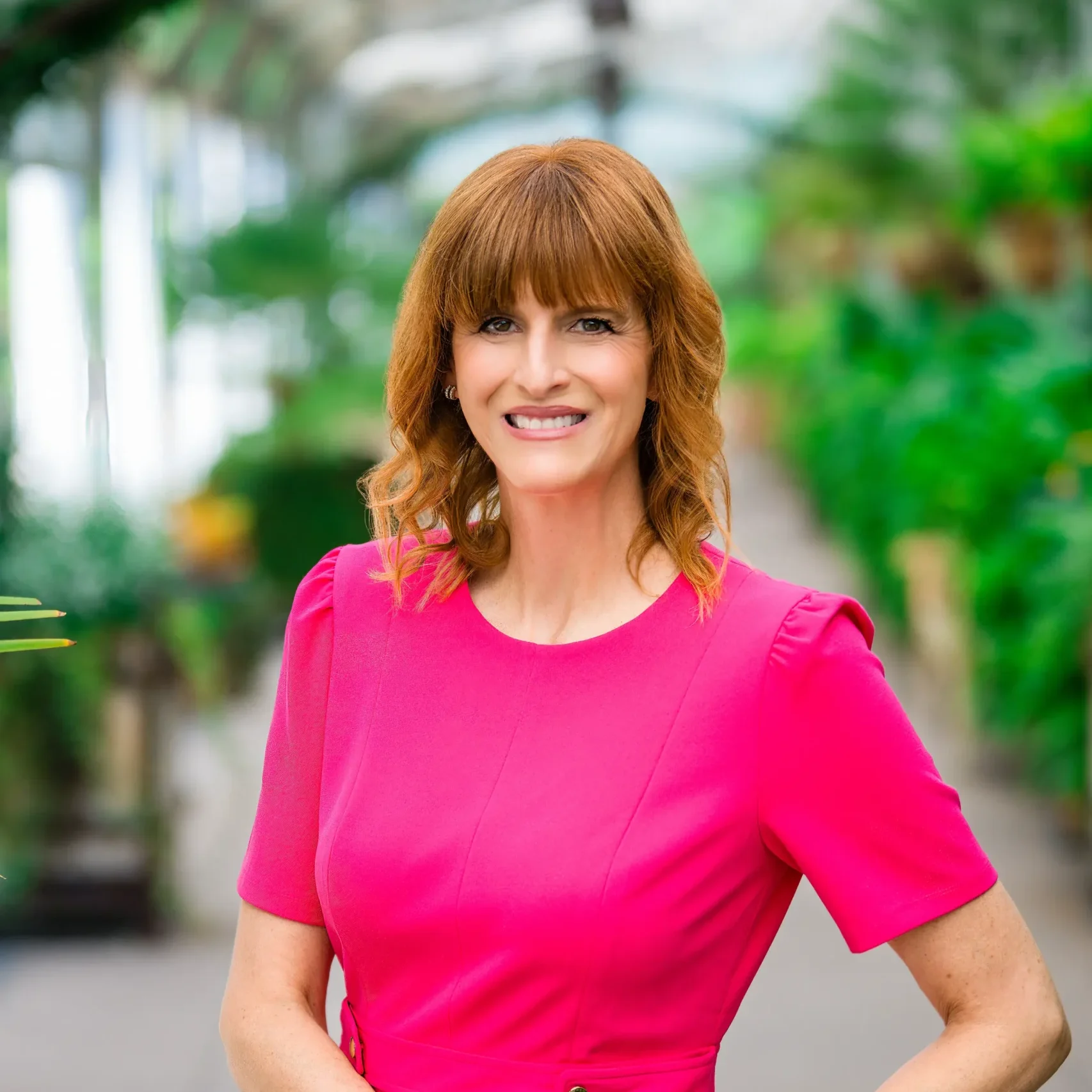I don’t know about you, but the world of healthcare has just gotten more and more confusing to me. Looking at benefit options each year is like trying to decipher a secret language; sometimes it’s hard to even ask questions because I don’t know what to ask.
Unfortunately, as a woman, I know that I need to stay on top of things.
- According to NBC News, “Women and racial and ethnic minorities are 20% to 30% more likely than white men to experience a misdiagnosis.”
- Prevention.com states that “women are 50% more likely than men to get the wrong diagnosis after a heart attack.”
- 30 percent of annual healthcare spending in the United States, approximately $750 billion, is wasted on unnecessary services and other inefficiencies.
Now, the point of this article is not to bag on a lot of the hardworking doctors that are out there; after all, it IS talked about as the “practice” of medicine.
The issue lies in how women are often dismissed when it comes to their health.
If you’ve ever taken a high school English class, you’ve likely read historical narratives where women were diagnosed as “hysterical” and thrown in some dark, damp asylum somewhere. And while we’re less likely to have our spouses throw us in the clink because they found a wench that pours a better pint, the stigma is still there.
Here are a few stories from The Washington Post:
- One woman was told she was being “dramatic” when she pleaded for a brain scan after suffering months of headaches and pounding in her ears. It turned out she had a brain tumor.
- Another was ignored as she cried out in pain during a 33-hour labor. She was supposed to be getting pain medication through her epidural, but it had fallen out.
- Dozens of women complained of torturous pain as their vaginal walls were punctured during an egg retrieval process. They were told their pain was normal, but, in actuality, they were getting saline instead of anesthesia.
So, what’s a girl to do?
Now more than ever you need to listen to yourself when it comes to better healthcare services. Here are a few things to consider:
Build Your Dream Team
Assemble a rockstar squad of healthcare providers. Find professionals who listen, respect your concerns, and treat you like the VIP you are. Don’t settle for a healthcare provider who dismisses your questions or rushes through appointments. You deserve someone who values your input.
Also, consider bringing a trusted friend or family member with you to appointments. Having a second pair of ears listening to your doctor and asking questions might help you avoid catastrophic situations.
Trust Your Instincts
If something doesn’t feel right, trust your gut. You know your body better than anyone. Don’t hesitate to seek a second opinion if you’re unsure about a diagnosis or treatment plan. Your peace of mind is non-negotiable.
Create a Health Arsenal
Keep all your health-related documents organized – from medical records to insurance information. Having everything at your fingertips is a game-changer. Familiarize yourself with your insurance coverage. Knowing what’s covered can save you from unexpected financial surprises. And investigate using a benefits broker to help you decipher this confusing language; it’s a service that’s free to you and can be invaluable.
Stay Connected
“Millennial women’s health and especially mental health are at an all-time low. Seventy-seven percent told us, “It is clear to me that I am the only advocate for my health and well-being.” Why? Fifty-seven percent said “I have been dismissed or misdiagnosed by medical professionals,” and 59% said, “I have sought treatment from doctors who do not believe me, or who have ignored my needs.” Three in four told us they are concerned about their female friends’ mental health “after we have all been through so much.”
Join online communities or support groups for women’s health. It’s like having a virtual squad to share experiences, tips, and advice. Attend women’s health events or workshops. Knowledge-sharing is a two-way street, and you might discover new insights.
Why am I talking about this on a financial planning blog? Being an advocate for your health can have a huge impact on your finances AND having an advisor you’re comfortable with should be part of your support system. We’re not only here to help you look at your money, but all the facets of what can give you the future you want. We can also provide you with resources should you need them.
Ready to take control? Let’s talk.






